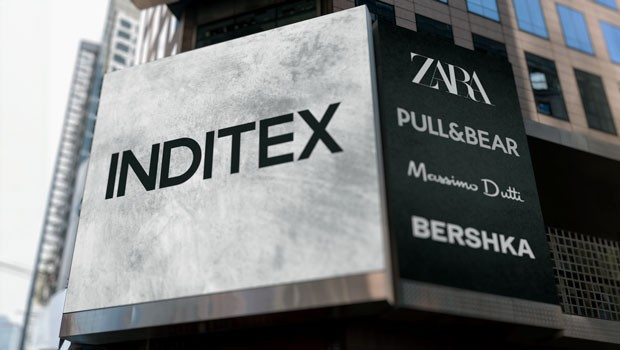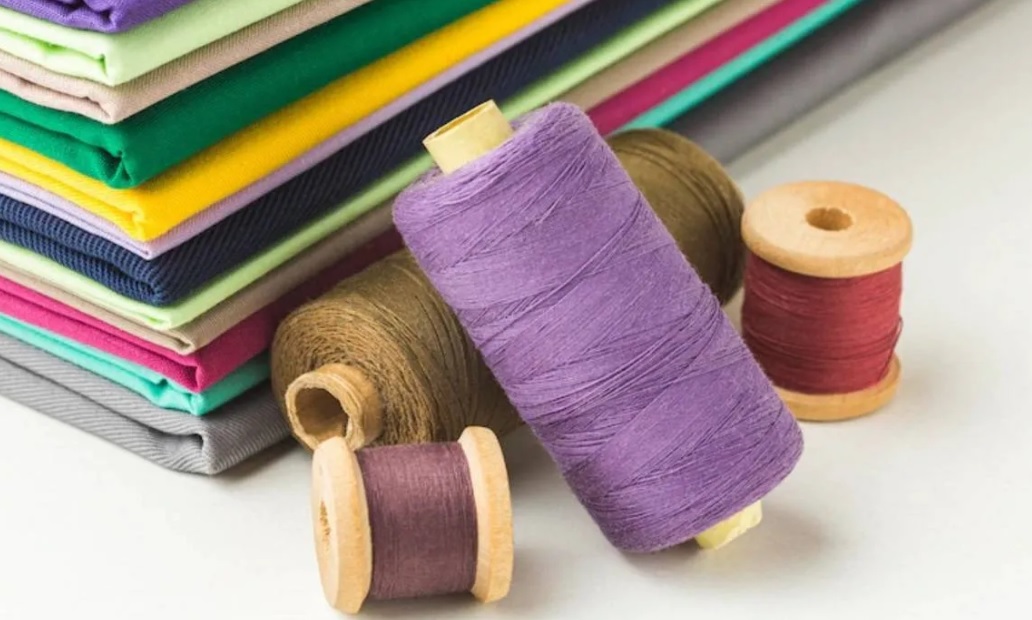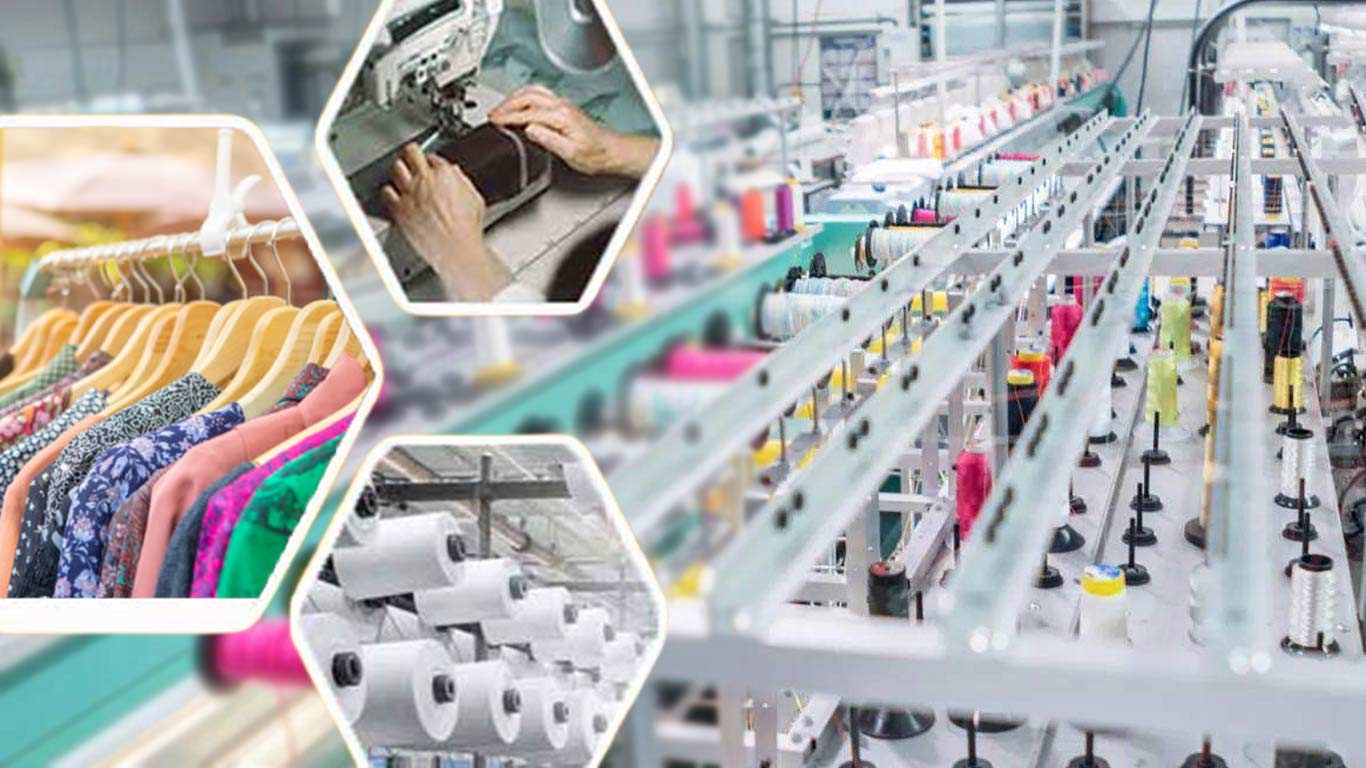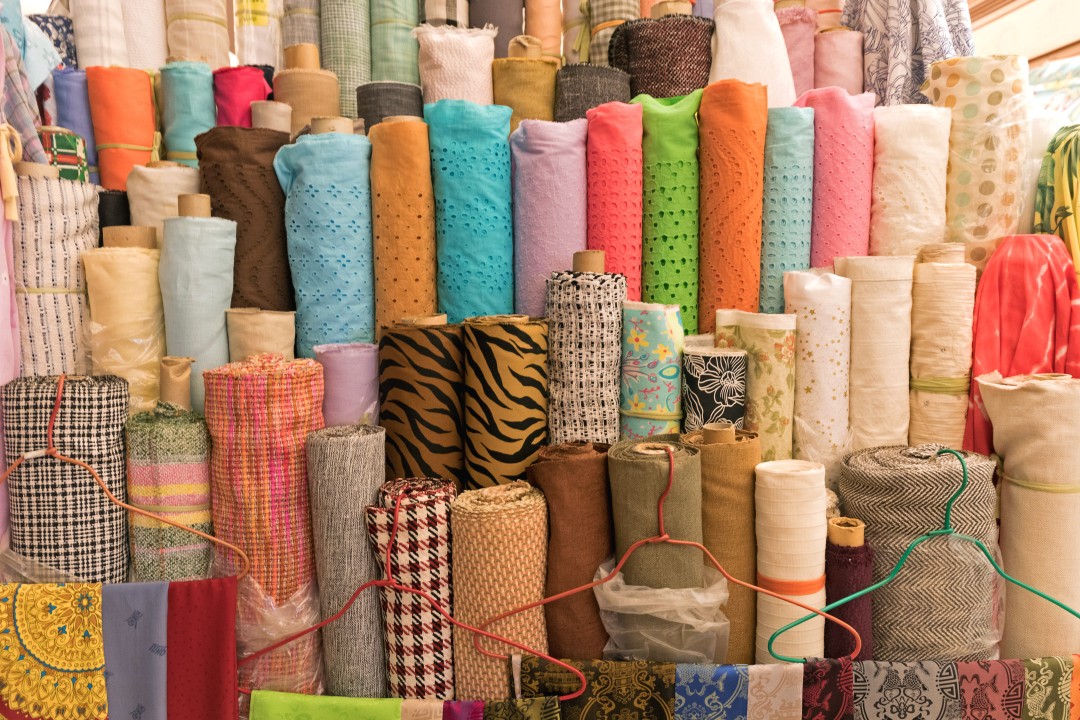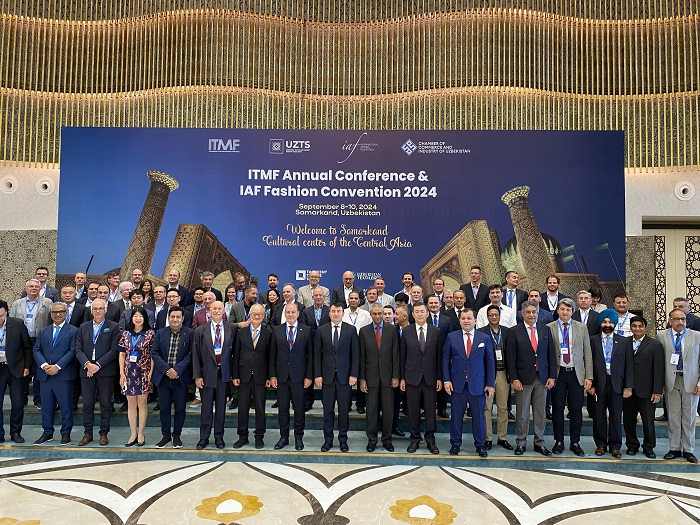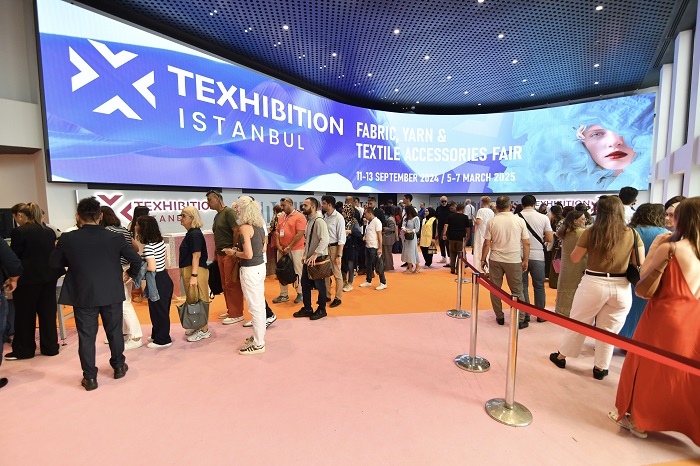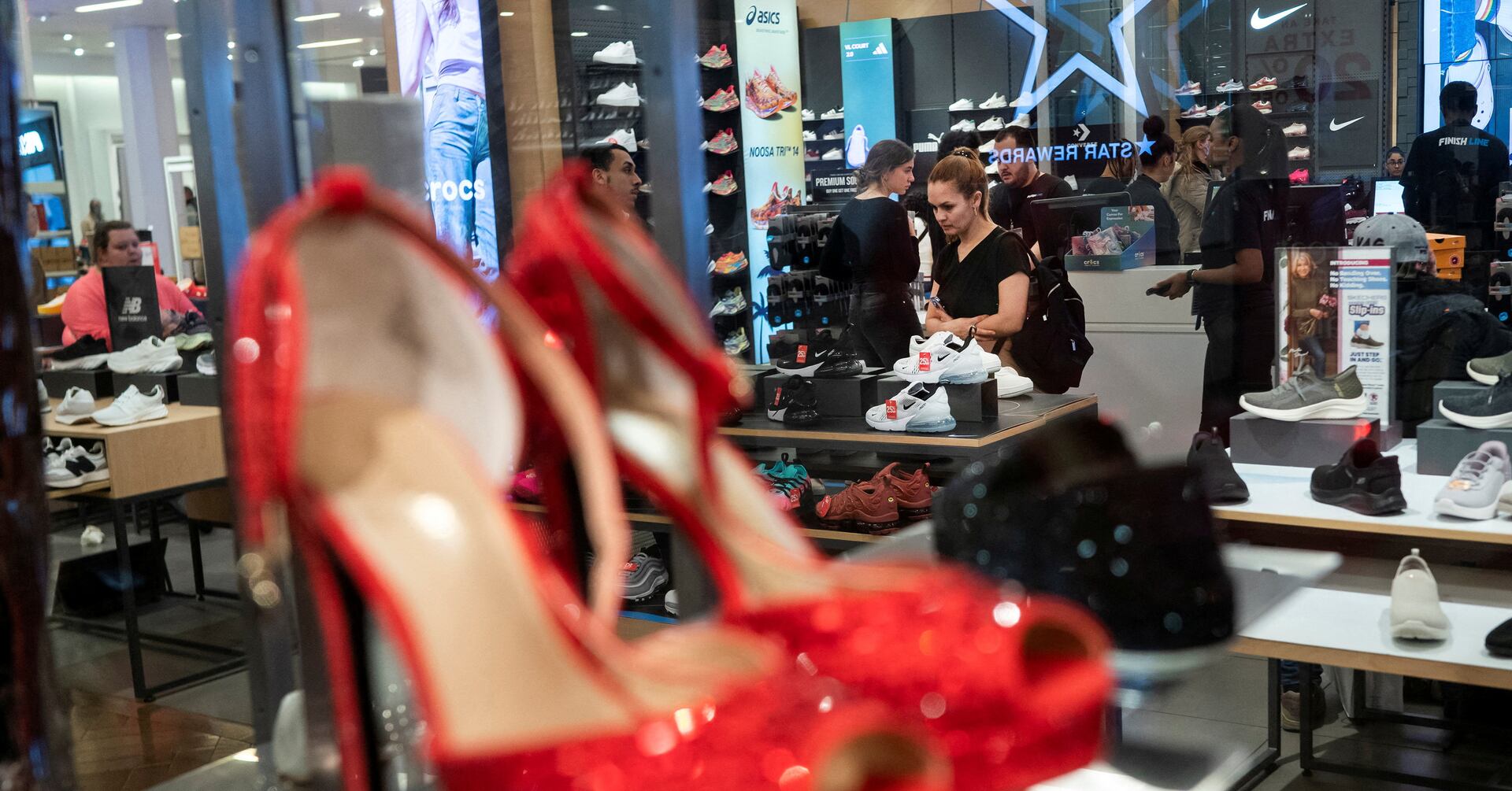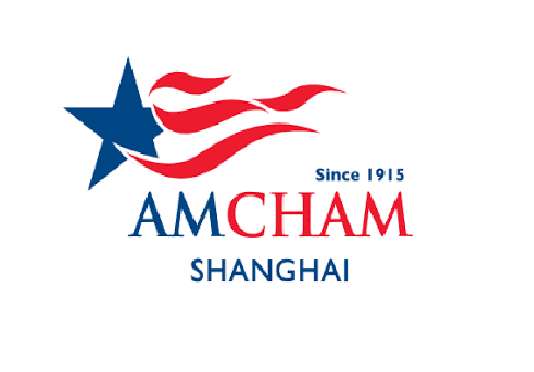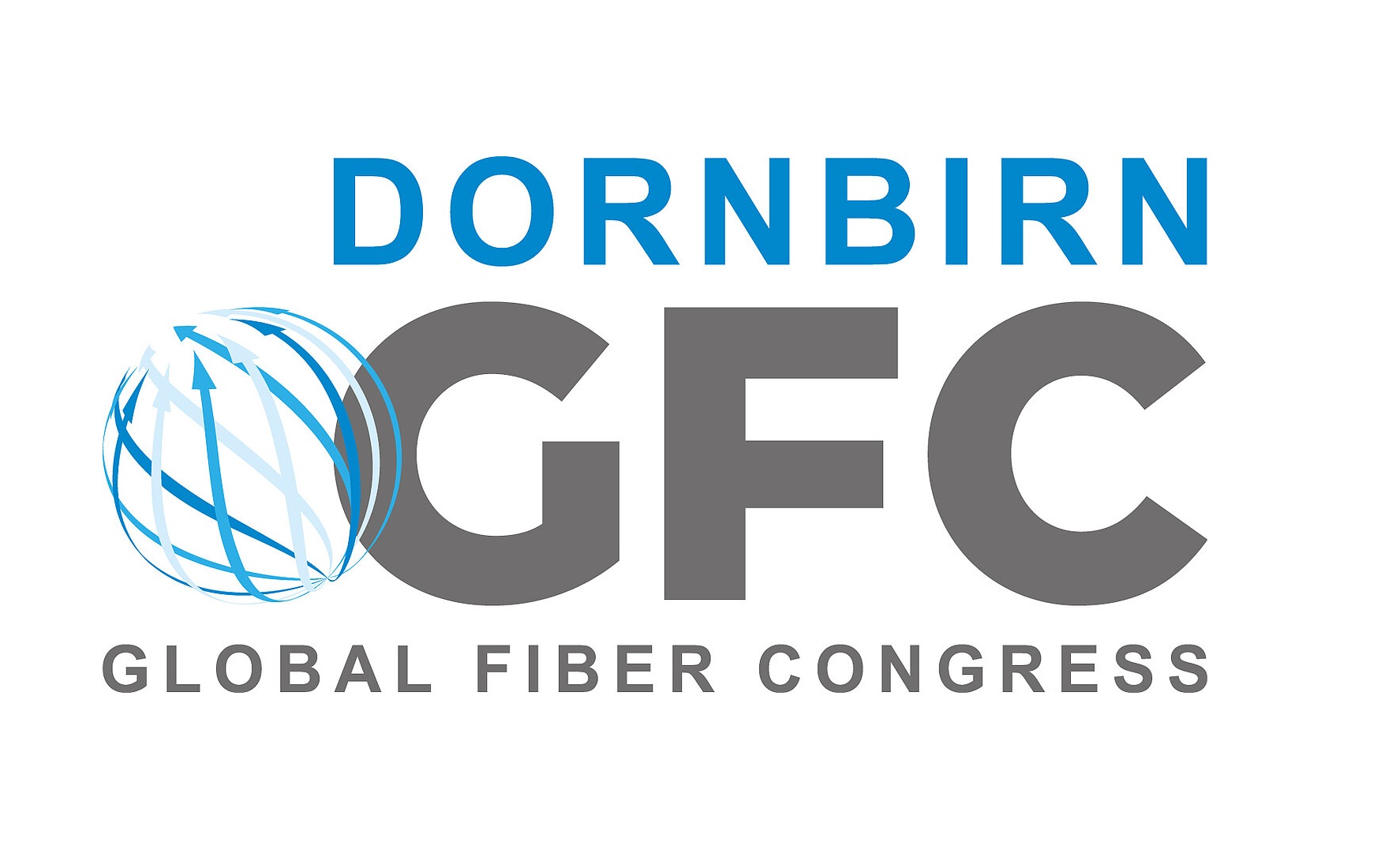FW
Exports of readymade garments from India in January this year have increased by15 per cent over exports in December 2014 and showed an increase of 9.21 per cent compared to exports in January 2014. India exported ready-made garments worth Rs 9,869 crores in January this year. However, the progress is far from satisfactory considering the staggering strides made by China in the global textile arena. China this year eyes $300 billion exports of textiles and clothing with a growth rate of five per cent. But India’s overall annual exports of readymade garments presently are just $15 billion.
Though global consumption share of apparels made of man-made fibers has been inching to 65 per cent, cotton remains the main raw material for production of readymade garments from prominent clusters like Tirupur, constituting about 85 per cent of the total volume.
India needs to ease controls on import of man-made fibers like polyester and viscose. Pakistan, one of India’s main competitors, extends many sops to import man-made fibers. This helps businessmen there get one kg of polyester at an equivalent of Rs 71 while apparel producers in India have to pay almost Rs 94.
Three exhibitions, Inatex, Indo Intertex and Technitex, will be held in Indonesia, from April 23 to 25, 2015. These cater to suppliers of the Asean textile and garment region with exclusive business platform. More than 380 companies from 20 countries will participate in these events. The three exhibitions are expected to attract more than 8,000 local and international visitors and professionals who are constantly exploring options to improve their productivity and to respond promptly to customers’ demands.
Technitex is a new addition this year. It covers raw material, product and equipment of the nonwoven industry. Since Indonesia has a growing nonwoven and technical textile sector, there would be a smooth transition of many producers willing to diversify from traditional textile production.
Inatex will show products and accessories from the textile and textile product industries. Indo Intertex will show new machinery and technology on the textile and garment industry.
The events are supported by the Indonesia Ministry of Industry, Indonesian Textile Association, Indonesian Chamber of Commerce and Industry, Indonesia Exhibition Companies Association as well as other strategic partners. They give visitors the opportunity to meet international decision makers, developers and buyers of the entire value creation chain.
www.indointertex.com/venue

India's MMF exports to Turkey will clock in higher growth in 2014-15, predicts a SRTEPC market report based on the steadily growing exports in man-made fibre from India to Turkey. Export to Turkey has grown to touch 19 per cent in 2013-14 and this trend continues in the current year. Turkey produces raw materials and intermediaries like fibre, yarn and fabrics for its flourishing garmenting sector but these are inadequate. Hence, it imports substantial quantity of textile material. The country is a major supplier of ready-made garments to Europe, thereby offering big scope for sourcing yarns and fabrics from India. Turkey’s total import of textile and clothing from world was nearly $12 billion in 2013. Its global import of textiles was about $10 billion during 2013 in which around 56 per cent ($6 billion) was of  man-made fibre textiles.
man-made fibre textiles.
India’s share in Turkey’s total import of man-made fibre textiles during 2013 was around $557 million accounting for 9 per cent. Hence, there is further scope for increasing exports of Indian MMF textiles to Turkey. A significant amount of MMF yarn from India is exported to Turkey. The major varieties are yarns, polyester filament yarn, synthetic filament yarn, polyester viscose yarn, etc. Viscose staple fibre was one of the major MMF textile products imported by Turkey during 2013 followed by polyester staple fibre and yarn of polyester staple fibre, etc.
During 2013-14, exports of synthetic and rayon textiles to Turkey were valued at $556.87 million. This growth was 19 per cent as compared to the previous year. Yarns make up 71 per cent of the total exports and fabrics make up another 5 per cent, while made-ups are 6 per cent and fibre 18 per cent.
Chinese cotton imports slid 44.9 per cent year-on-year in January. Slack global market conditions have hit China’s labor-intensive industries, especially garment and textile production, as well as shoes, toys and furniture. Exports of garment and yarn products fell 12.4 and 7.6 per cent respectively. Shoe exports declined 10.8 per cent.
Orders for garment and yarn products from developed markets have been dwindling since mid 2011. Though many Chinese manufacturers are now less dependent on developed markets, exports are still the mainstay of their businesses, which are dominated by original equipment manufacturing.
Even though the US economy stabilized, it could not offset lethargic demand from the European Union, Japan and many emerging economies. Another factor behind falling cotton imports is the country’s huge inventories. Fast growing domestic cotton output and the policy of paying a floor price for certain agricultural products have forced the government to spend more on storing domestic cotton.
To reduce the burden, government has pushed domestic textile enterprises to use more homegrown cotton in recent years. Growing uncertainties in the world market will prompt garment and yarn producers in China to move up the value chain. They will have to offer high end products and devise new strategies to expand their markets, and small, obsolete factories will be weeded out through competition over the next five years.
Vallarpadam Terminal in Kochi is in the limelight with increasing number of international apparel brands using terminal facilities for their export needs. For example, apparel brand Diesel, which sources from vendors in Tirupur and Bengaluru, has already started utilising the international container transshipment terminal for importing goods into Europe.
Many other western brands having vendor base in south India, are now showing interest in utilizing the facility to fulfill their sourcing needs. Till now, these brands imported goods from Chennai and Tuticorin ports, often leading to delays in shipments. Also, importing from Kochi terminal is not only effective in terms of timely shipments but also turning out to be cheaper, as there is a saving of at least five-seven days to Europe over the normal transit time from other ports. The faster trade facility from Kochi became possible because of direct/mainline shipping services to Europe.
The presence of container freight stations is another additional advantage for apparel brands because of the features like labelling, bar coding and product inspection for garment businesses. The terminal is looking forward to achieving initial business of 250-300 TEUs in a month alone from garment business.
Origin Africa will be held in Ethiopia from October 21 to 23. The event aims to promote Africa as a sourcing destination. It will highlight the creativity and innovation of African cotton, textile and clothing industries. It will have a specific focus on business, trade and investment, both regionally and internationally, while capturing the spirit, style and innovation of modern Africa.
The three day event will encompass a trade exhibition, conference, B2B meetings and a fashion designer exposition. There will be sections on cotton fibers, textiles and export-ready apparels, machinery and technology, gifts and accessories, home textile and décor and a brand new beauty section. Special B2B meetings will be organized for buyers. Speakers will discuss topics like financial institution packages for investment development, manufacturers’ challenges, involvement of government support and the role of associations.
The 2014 Origin Africa event was a high profile, international event with more than 400 participants from 11 countries participating, including 15 regional and international buyers, with strong representation from across the cotton, textile and apparel value chain.
The organiszers plan for an even bigger and better display this year with over 200 exhibitors and 1,500 participants. Africa Sourcing and Fashion Week (ASFW) 2015 will be held alongside Origin Africa.
https://originafrica.org/
The Wool Retail Forum will take place in China on May 19 and 20. The aim of the event is to promote greater transparency along the wool supply chain. It’s organized by the International Wool Textile Organisation (IWTO).
Taking the theme Provenance and Performance, the Wool Retail Forum examines wool’s role in modern retail, looking at quality assurance through provenance, wool’s performance in outdoor and sportswear, and trends in the Chinese luxury and consumer markets. By bringing together representatives from each stage of the wool supply chain, IWTO aims to foster better understanding of wool's route from farm to retail, and to open opportunities for closer collaborations.
The Wool Retail Forum is an opportunity for retailers, who are looking for ways to strengthen transparency and authenticity, to exchange ideas directly with downstream suppliers. IWTO presents the Wool Retail Forum in partnership with The Woolmark Company and China Wool Textile Association.
It’s the nature of the wool industry that the different actors within the supply chain don’t get the opportunity to talk to each other. The Wool Retail Forum recognises that as an industry players must work more closely together in order to meet consumer expectations about origins, accountability, and value.
Better Cotton Initiative (BCI) has added another prominent member in its drive from Europe. ‘Bestseller’, one of Europe’s largest fashion brands, has become member of the BCI’s Better Cotton Fast Track Programme (BTFCP). The aim is to channel funds directly to farmer’s training and capacity-building programs designed around the BCI standard, the BCFTP was set up in 2010 through the sustainable trade initiative and leading NGOs. The BCI and its partners reach more regions, train more farmers and produce better cotton under the drive which has dramatically accelerated the scale up of Better Cotton worldwide.
Denmark-based ‘Bestseller’ is a privately held family-owned clothing company founded in 1975. Its products are sold in 70 markets across most of Europe, the Middle East, Canada, India, and globally via e-commerce. They have more than 3,000 branded chain stores across 38 markets worldwide and the products are sold in approx. 15,000 multi-brand and department stores.
More than 60 per cent of Bestseller’s total fiber consumption comes from cotton which makes it the most important fiber in their products. Bestseller’s ‘Sustainability Strategy 20 by 20’ aims to have majority of its cotton sourced from sustainable sources by 2020. After joining the BCI in 2011, they have since contributed directly to support farmer training in India and have set themselves an ambitious and strategic goal to source Better Cotton. Two of their frontrunner brands ‘Jack and Jones’ and ‘ONLY’ have already been sourcing Better Cotton throughout the year.
In January 2015, Bestseller officially joined the BTFCP – making it the 10th brand partner to be a part of the demand-driven coalition of front-runner apparel brands. Other partners in the Better Cotton Fast Track Program include IKEA, Levi Strauss & Co, Marks & Spencer, H&M, Adidas, Nike, Tommy Hilfiger Europe, VF Corporation and TESCO.
The International Labor Organisation (ILO) and the Pakistan Textile Exporters Association (PTEA) have forged a unique partnership to promote decent work in the garment and textile industry. This partnership came out of the realization that issues in the garment industry are systemic and requires actions that help develop effective industrial relations and promote respect of international labor standards. So there was an urgent need to establish strategic and comprehensive public-private collaborations.
The partnership agreement includes a comprehensive framework on improving industrial relations through training and compliance with international labor standards including occupational safety and health, wages, nature of employment, discrimination and other forms of malpractices. The Pakistan textile industry will collaborate with ILO for improvement of working conditions and implementation of international labor standards in textile industries. This collaboration is expected to help improve the image of Pakistan textile industry as a responsible workplace that is compliant with national and international laws.
The country’s textile policy also reflects compliance with labor laws, which is of immense importance in order to reap the benefits of trade preferences such as GSP Plus. Foreign trade has a lot of attached responsibilities as international buyers are increasingly getting sensitive about ethical sourcing and international compliances.
Curve the a lingerie and swimwear show in Las Vegas, wants to add a new dimension to its Las Vegas trade fair by associating itself with the leading ready-to-wear show in America, Magic. Curve’s next edition will take place in the framework of Magic, but retain its distinct identity.
Called CurveNV@Magic, the lingerie and swimwear show will take place over three days instead of two, August 17 to 19, 2015. The trade fair will have its own entrance with the Curve banner. Until now there has been small, winter lingerie and summer swimwear offering at the Magic trade fair, but no dedicated and structured sector as such. With this alliance, Curve hopes to attract a few more international brands, but also American ones.
Curve will still be in charge of its advertising and promotion among its targeted specialist buyers, but Magic will add the show to its own communications for its ready-to-wear audience. Apart from lingerie and swim wear, Curve showcases sleepwear, lounge wear, shape wear, hosiery and maternity.
Curve was launched in Las Vegas in February 2007 and now produces trade shows twice a year, in Las Vegas and New York. Eurovet, a Paris-based international organizer of lingerie and swimwear trade shows, bought a 30 per cent stake in Curve in November 2008.
www.curvexpo.com/

